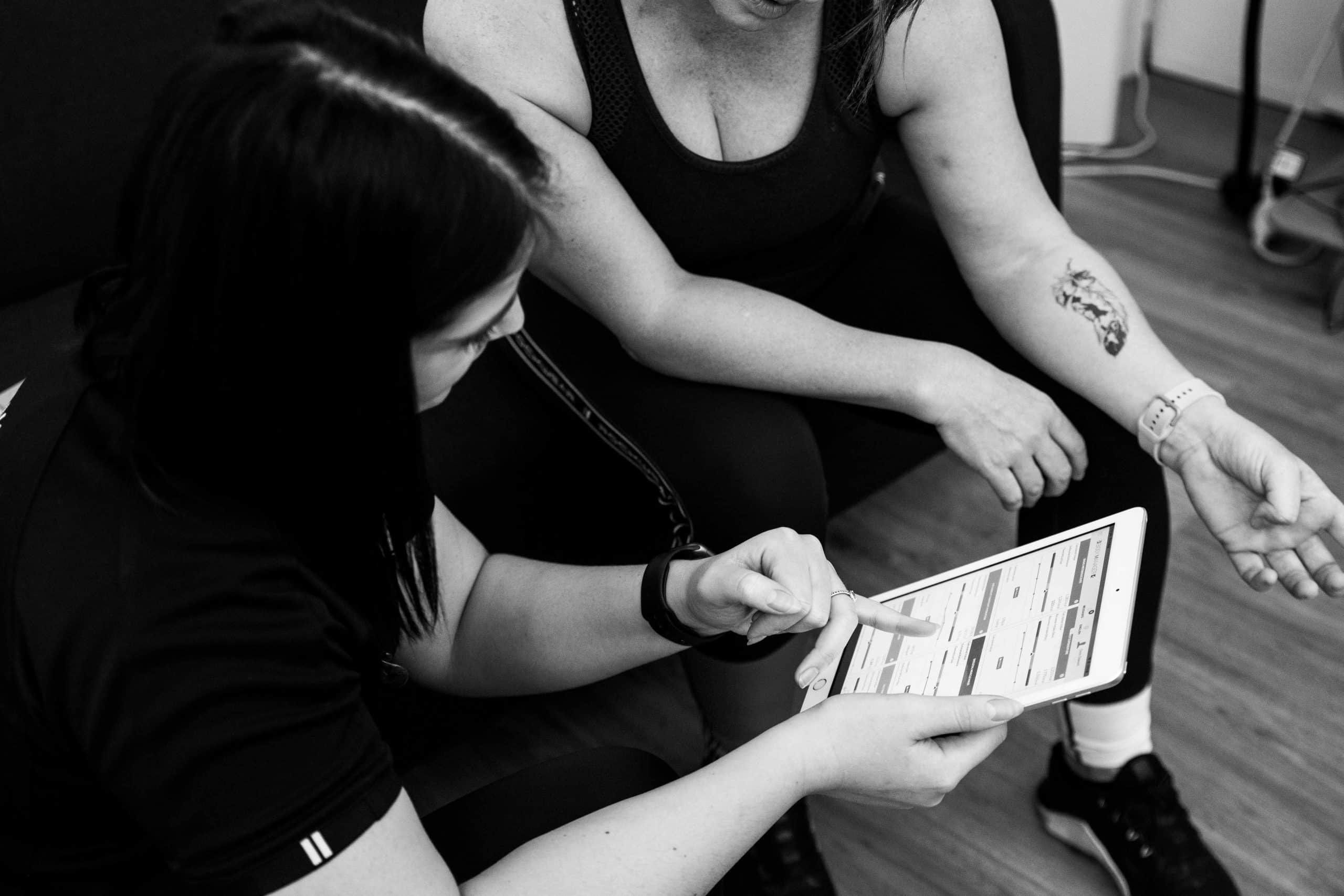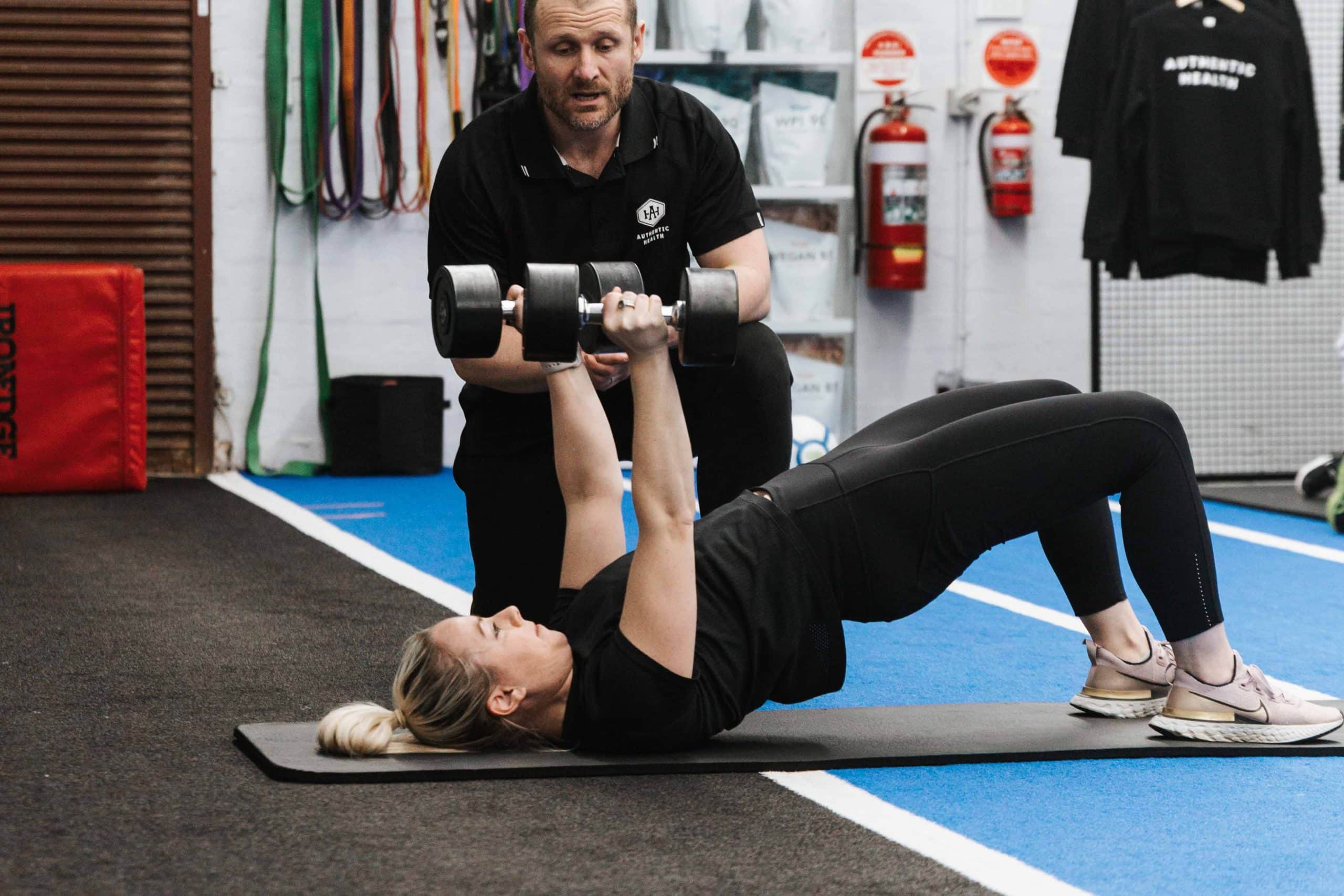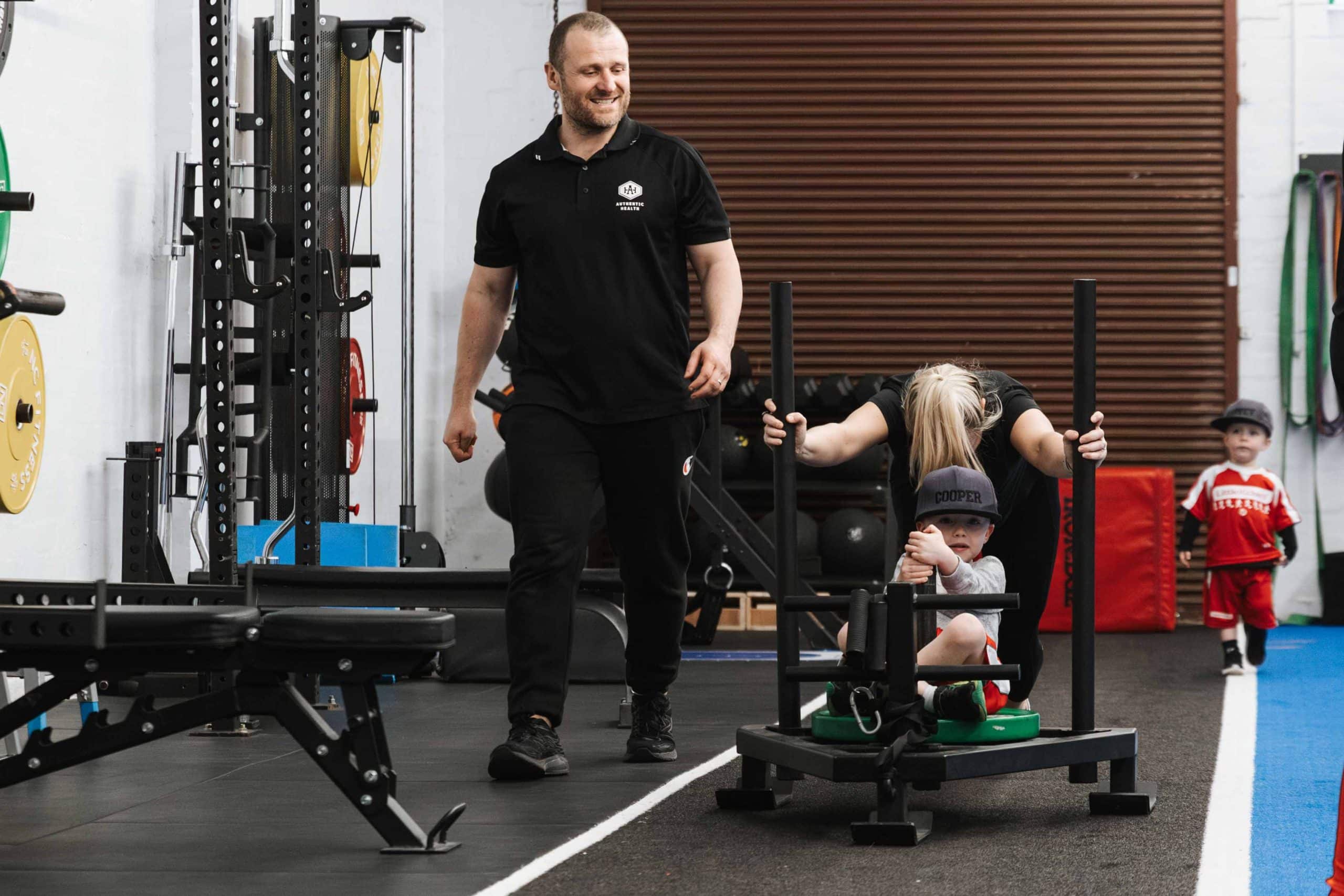Building Accountability
Ever wonder what truly sets apart those who achieve lasting health and well-being? It’s not the perfect diet or the most intense workout plan—it’s the ability to stay consistent. In fact, consistency is the single most underrated skill in self-care, and it’s the cornerstone of every success story I’ve witnessed. When you consistently show up for yourself, that’s when self-care thrives. And the key to staying on track? Accountability. With the right support system, you’re far more likely to stick with your self-care practices and achieve the results you’re after.
Finding Your Accountability Partner

Workout Partner: Having a workout partner who shares your values and goals can make exercise more enjoyable and keep you committed. Find someone with similar objectives and schedule regular workout sessions together. This mutual support helps both of you stay motivated, accountable, and provides someone to confide in when challenges arise.
Coaching Support: Even as a coach, I have my own coaches. Why? Because a coach offers personalized guidance and holds you accountable. Regular check-ins ensure you stay on track, while also helping you overcome obstacles more effectively. With the right coach, your path to success becomes much faster and more structured.
When looking for a coach, consider the following qualities:
- Experience and Expertise: Ensure the coach has a proven track record of helping people achieve similar goals to yours.
- Communication Style: Look for someone who listens well and can explain things clearly and in a way you connect with.
- Supportiveness: A coach should be encouraging but also challenge you when necessary.
- Availability: Make sure they are available for regular check-ins, either in person or virtually, to offer continuous support.
Accountability Groups: Join a group of like-minded individuals who share similar goals. Whether it’s a gym, a book club, or an online community, being part of a group offers support, encouragement, and accountability.
Here’s how to find the right accountability group:
- Local Gyms or Health and Fitness Studio’s: Many offer group fitness classes or wellness programs where people can connect over shared goals.
- Online Platforms: Join online communities, such as social media groups or fitness apps such as MyfitnessPal or Strava, where you can connect with others pursuing similar objectives.
- Specialised Groups: Look for groups tailored to your specific goals, like a marathon training club, a weight loss support group, or a yoga or mediation community. Finding a group that aligns with your fitness level and interests increases your chances of staying committed.
Self-Accountability Tools
The path to success is often dictated by what you do when nobody is watching. Here are three of my favourite ways to stay accountable to yourself;
- Journaling: Keeping a journal allows you to track your progress, reflect on your experiences, and visualise your goals. Writing down your daily challenges, thoughts, and feelings can help reinforce your commitment to self-care.
- Habit Trackers: Use a habit-tracking app or a simple checklist to monitor your self-care activities. Seeing your progress visually goes a long to motivating you and encourages you to stay consistent.
- Set Reminders: Schedule reminders or appointments in your calendar to prompt you to engage in self-care activities. Whether it’s a reminder to meditate, stretch, or take a walk, these prompts can help you stay on track even on busy days especially if you honour that commitment to yourself.
Dealing with Setbacks
Life is full of challenges—you can’t avoid them. One of my favourite sayings I share with clients is that success in health, wellness, and fitness is not the absence of challenges or setbacks; it’s about learning to dance in the rain. The reality is that setbacks are an inevitable part of any journey, especially when you’re stepping out of your comfort zone and challenging yourself to improve. But that doesn’t mean we should avoid the rain and stay inside. Whether you miss a workout, indulge in an ‘unhealthy’ meal, or feel overwhelmed by stress, setbacks happen. The key is not to let them derail your progress. Instead, embrace the lessons they offer, learn from them, and move forward with resilience.
Understanding Setbacks
- It’s Part of the Process: Accept that setbacks are a natural part of behaviour change. Everyone experiences them, and they don’t define your overall progress. When you expereince a setback get curious and remember what matters most how you respond.
- Identify the Cause: When a setback occurs, take a moment to reflect on what caused it. Was it a lack of time, stress, or simply a moment of indulgence? Understanding the cause can help you develop strategies to prevent similar setbacks in the future.
Bouncing Back with Resilience
- Practice Self-Compassion: Instead of being hard on yourself, approach setbacks with kindness and understanding. Remind yourself that one setback doesn’t negate all your progress. Be curious and use it as an opportunity to learn and grow.
- Reframe Your Mindset: Shift your focus from the setback itself to the lessons it offers. Ask yourself what you can do differently next time and how you can use this experience to strengthen your resolve.
- Get Back on Track: The most important step after a setback is to get back on track as soon as possible. Whether it’s returning to your workout routine, resuming healthy eating, or re-establishing your mindfulness practice, the quicker you restart, the easier it is to regain momentum.
Celebrating Small Wins
Acknowledging and celebrating your progress, no matter how small, is essential for staying motivated in the long run. Small wins provide a sense of accomplishment and reinforce your commitment to self-care.
Why Small Wins Matter
- Builds Momentum: Celebrating small achievements creates a positive feedback loop, boosting your confidence and encouraging you to keep going. Each small win builds momentum and brings you closer to your larger goals.
- Increases Motivation: Recognizing your progress helps maintain motivation, especially during challenging times. It reminds you that your efforts are paying off and that you’re moving in the right direction.
- Fosters Positivity: Celebrating small wins shifts your focus from what you haven’t achieved to what you have. This positive reinforcement can improve your overall mindset and make the journey more enjoyable.
How to Celebrate Small Wins
- Track Your Progress: Keep a record of your achievements, whether in a journal, a digital app, or a visual tracker. Reviewing your progress regularly can provide a sense of accomplishment and keep you motivated.
- Reward Yourself: Treat yourself to something special when you reach a milestone, no matter how small. It could be a favorite meal, a new book, or a relaxing day off. Rewards reinforce the positive behavior and make the journey more enjoyable.
- Share Your Success: Don’t hesitate to share your achievements with friends, family, or your accountability partner. Sharing your success not only boosts your confidence but also inspires others on their own journeys.
Stay Focused on the Bigger Picture
- Reflect on Your Why: Regularly remind yourself why you started your self-care journey in the first place. Reconnecting with your deeper motivations can help you stay focused and committed, especially when the going gets tough.
- Adjust Goals as Needed: As you progress, your goals may evolve. Be flexible and willing to adjust them based on your needs and circumstances. This adaptability ensures that your self-care routine remains relevant and effective.
- Keep Moving Forward: No matter the setbacks or challenges you face, the key is to keep moving forward. Progress is progress, no matter how slow or small. Celebrate each step and continue on your journey to a healthier, happier you



